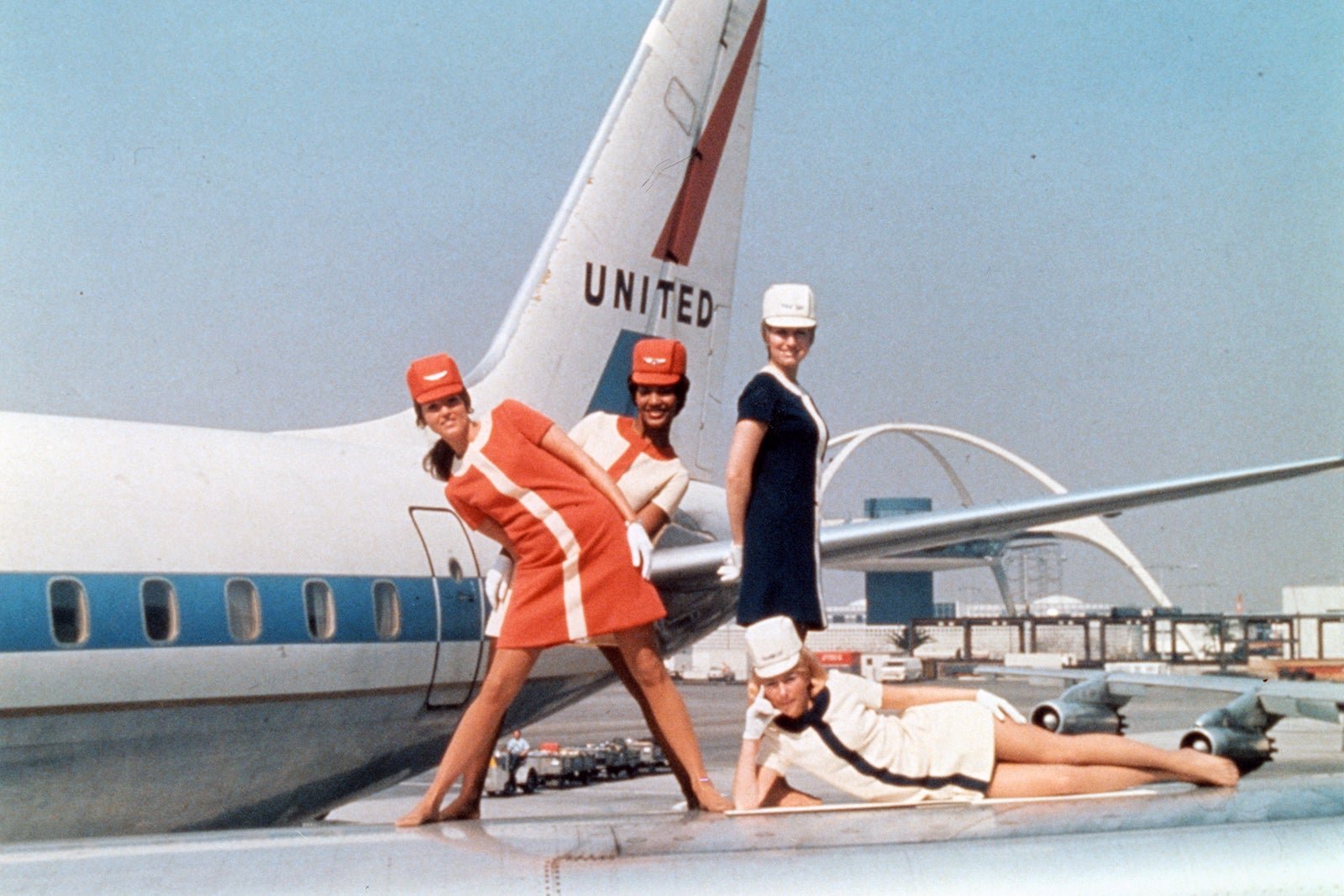In the 1950s and ’60s, the role of a stewardess was synonymous with glamour, beauty, and poise. These women were seen as the epitome of grace and elegance, serving passengers with a smile and ensuring a comfortable and enjoyable flight experience. However, behind the scenes, thousands of stewardesses were struggling with the oppressive working conditions imposed by airlines at the time.
“Fly With Me,” a new documentary film premiering on PBS’ “American Experience,” sheds light on the untold stories of these women who fought against gender discrimination, unequal pay, and unfair workplace practices. Directed by Sarah Colt and Helen Dobrowski, the film explores the evolution of the flight attendant profession and the challenges faced by women in the industry.
The film opens with former Delta Air Lines flight attendant Casey Grant reminiscing about the allure of being a stewardess in the golden age of jet travel. The promise of adventure, romance, and world travel attracted young, ambitious women to the profession. However, they soon realized that the job came with a high cost of conformity, as airlines imposed strict rules on appearance, weight, and marital status.
Stewardesses were subjected to weigh-ins, appearance reviews, and mandatory retirement by the age of 32, while male pilots faced no such restrictions. They were also prohibited from wearing eyeglasses and were required to share hotel rooms during layovers. These discriminatory policies fueled the discontent among stewardesses, who saw themselves as second-class citizens in a male-dominated industry.
The film highlights the stories of trailblazing women who challenged the status quo and fought for equal rights in the workplace. Patricia “Pat” Noisette Banks Edmiston, one of the first Black flight attendants, filed a lawsuit against the New York State Commission on Discrimination in 1956, paving the way for racial equality in the industry. Barbara “Dusty” Roads and Jean Montague filed a complaint based on the Civil Rights Act of 1964, leading to the end of mandatory retirement for female flight attendants.
Mary Pat Laffey, a former Northwest Airlines flight attendant and union activist, took on her employer for paying male counterparts more and won a landmark class-action lawsuit in 1974. The case set a precedent for gender equality and fair pay in the airline industry, empowering women to challenge discriminatory practices and demand equal treatment.
The film also explores the formation of Stewardesses for Women’s Rights in 1972, a groundbreaking organization that advocated for workplace equity and fair treatment of flight attendants. Despite facing backlash from the industry and society, these women continued to fight for their rights and paved the way for future generations of flight attendants.
“Fly With Me” is not just a historical account of the flight attendant rights movement but a testament to the resilience and determination of women who refused to be silenced. Their stories serve as a reminder of the ongoing struggle for gender equality and workplace justice, inspiring others to stand up against injustice and discrimination.
As the film premieres on PBS, viewers are invited to witness the untold stories of these courageous women who defied the odds and changed the course of history. “Fly With Me” is a tribute to the unsung heroes of the skies, whose legacy continues to inspire and empower women in the aviation industry and beyond.

